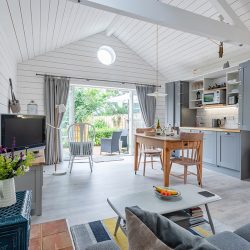Dear friends, writers and students,
Friday the 5th is turned into a good news day for me and many others, and I am able to add to this by highlighting events at the Holt Festival, Norfolk, where I am delighted have a painting accepted for the Sir John Hurt Prize exhibition.
As part of the Holt Festival, I have been invited to run a creative writing workshop on Wednesday the 24th July 10am – 4pm cost £65 linked to the exhibition German Expressionists & the Third Reich.
The workshop begins with a guided talk by James Glennie curator, and includes paintings, drawings, prints and sculptures, by artists declared ‘degenerate’ by Hitler. There will be some extraordinary images and dramatic stories to inspire your short fiction or poetry. It is suitable for beginners and more experienced writers and poets. There is also an Expressionist exhibition on at the Tate well worth seeing, you can get closer to the exhibits and insights into their lives at this workshop. My workshops are small, firm friendships are formed, and we will cover aspects of writing, openings, structure, plot, and routes to publication.
Workshop places are limited to 10 participants and spaces go quickly, so please book by going to:
www.holtfestival.org Box Office Enquiries: [email protected]
The box office is open Monday to Saturday 11am-2pm
Please feel free to pass on this email to interested friends and groups.
For more information on go to www.patriciamullin.com or email [email protected]
The link below gives more information of the Expressionist movement and details of a lecture by Amanda Geitner. Hitler’s Purge, Fleeing Artists and Something of their Legacy. £15. 19th July 3pm St Andrews Church Meeting room and Gardens.
https://www.eastangliaartfund.org.uk/events/german-expressionists-hitlers-purge-fleeing-artists-something-of-their-legacy
In other news:
The Artist’s Studio is available for holiday bookings through Norfolk Coastal Retreats and currently there is a tempting discount.
www.norfolkcoastalretreats.co.uk
Email:[email protected]
@norfolk_coastal_retreats
See The Artist’s Studio: @theartistsstudio
See art images: @patriciamullinartist1560
Writing/workshops/mentoring www.patriciamullin.com
Email: [email protected]

 RSS Feed
RSS Feed